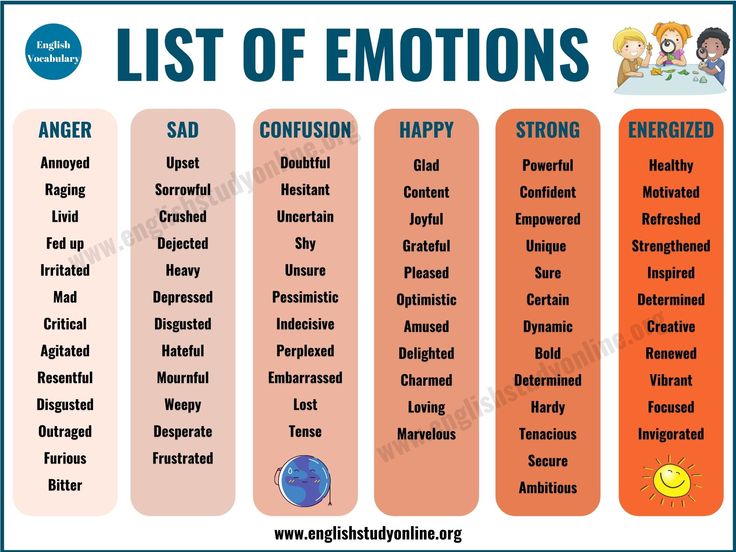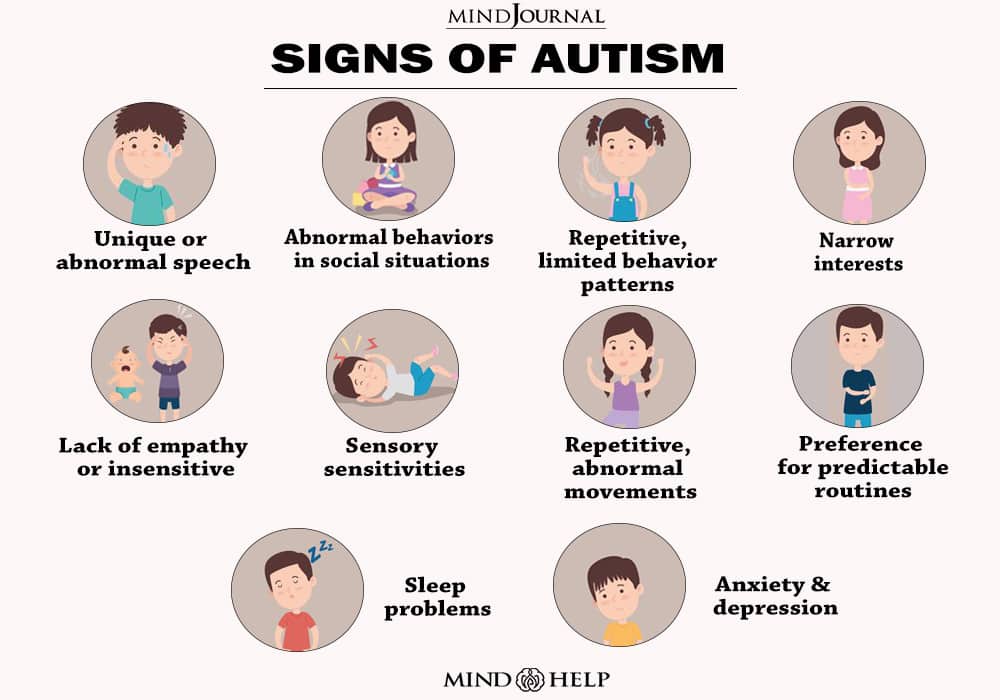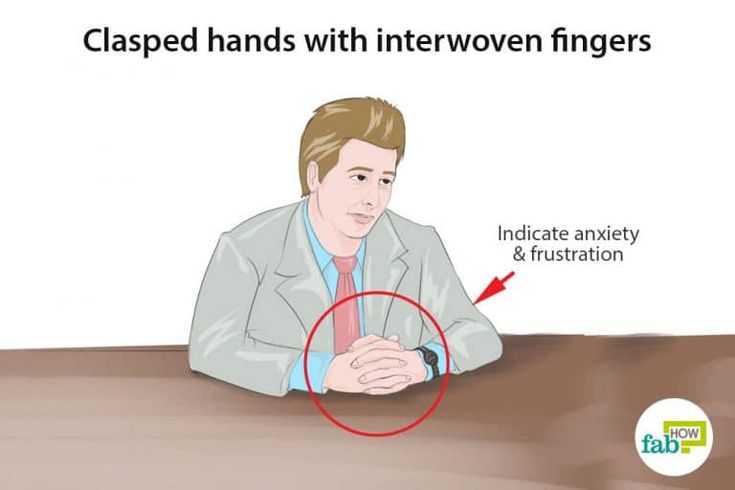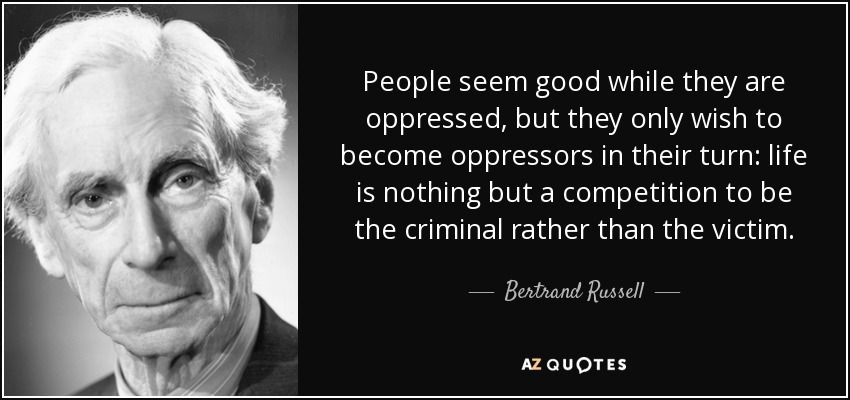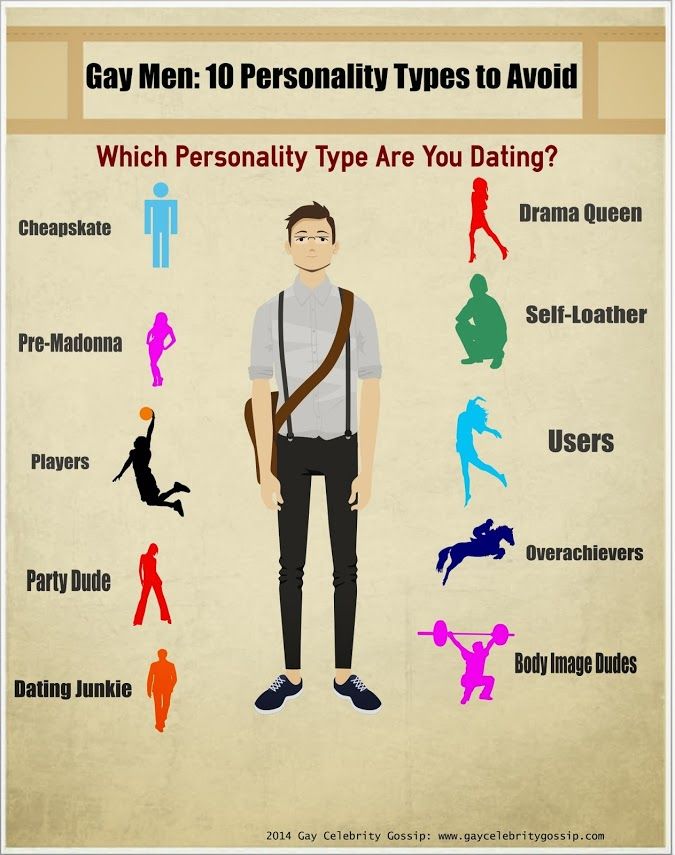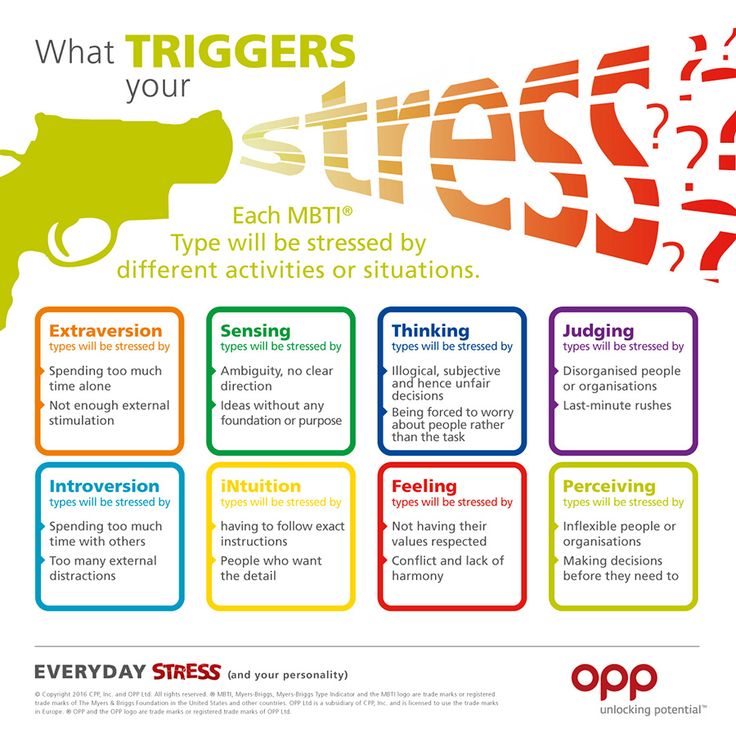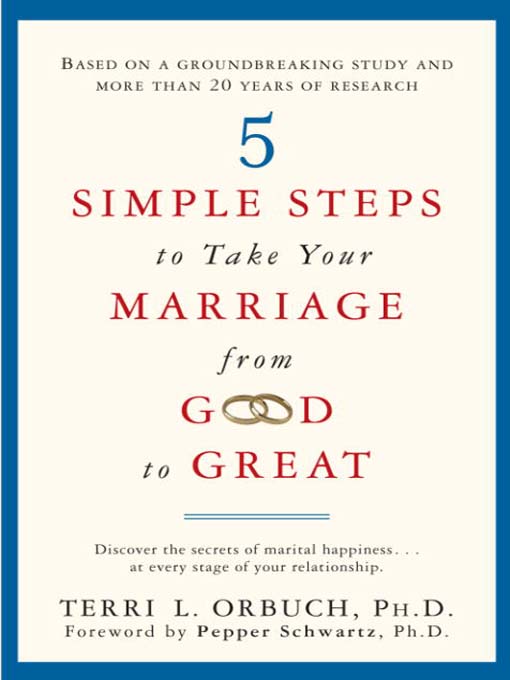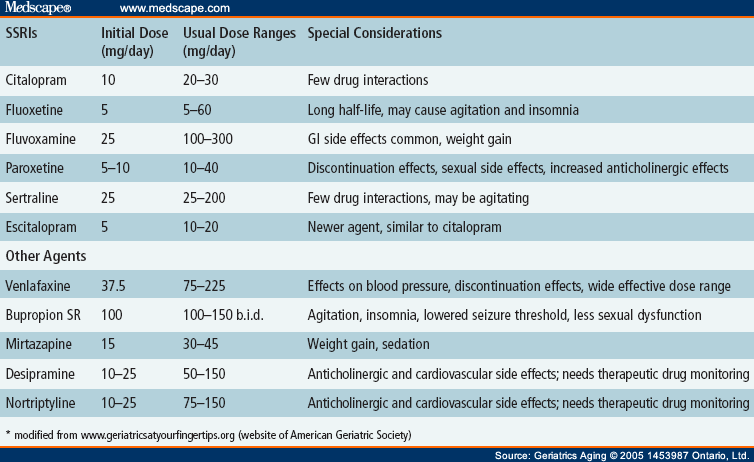Why do i feel that everyone hates me
If You Feel Like ‘Everyone Hates Me,’ This Is for You
You may have had the thought, “I feel like everyone hates me,” at some point. Here’s what it could be stemming from and what you can do.
“Does everyone hate me?”
If you’ve ever had the thought, you’re not alone. The all-consuming negative thought is common among those with anxiety and mood disorders, those with self-esteem issues, and those of us who might simply be having a bad day.
It may help you to learn why this unhelpful feeling occurs and how you can change your mindset and stop thinking all the people in your life share the same sentiment toward you.
The first sign that this may just be a perception is that superlative word in the middle: everyone.
Sure, you can be disliked by some, but all isn’t reasonable.
Dr. Sanam Hafeez, a neuropsychologist and director of Comprehend the Mind in New York City, says that thoughts such as these may form as a way of coping with adverse life events.
“More often than not, your worries can outweigh logic, and it can overwhelm you and cause genuine distress,” she explains.
Hafeez adds that “stress could cause people to adapt their thinking in ways that are useful for what they believe to be their immediate survival — but this way of thinking isn’t rational or healthy.”
Thoughts can give rise to negative feelings if dwelled upon.
There’s no clinical definition for thinking that everyone hates you, but there may be a few psychological explanations for why you feel this way.
- Paranoia. This is an accumulation of thoughts and beliefs that everyone is against you. Paranoia can be a disorder in itself, but it’s also a symptom of other mood or personality disorders.
- Cognitive distortions. These are thought patterns not necessarily rooted in reality, such as all-or-nothing thinking, negative projections, and overgeneralizing, to name a few. A 2015 review of research describes a cognitive distortion as “a lie our brain sends to our conscious mind.
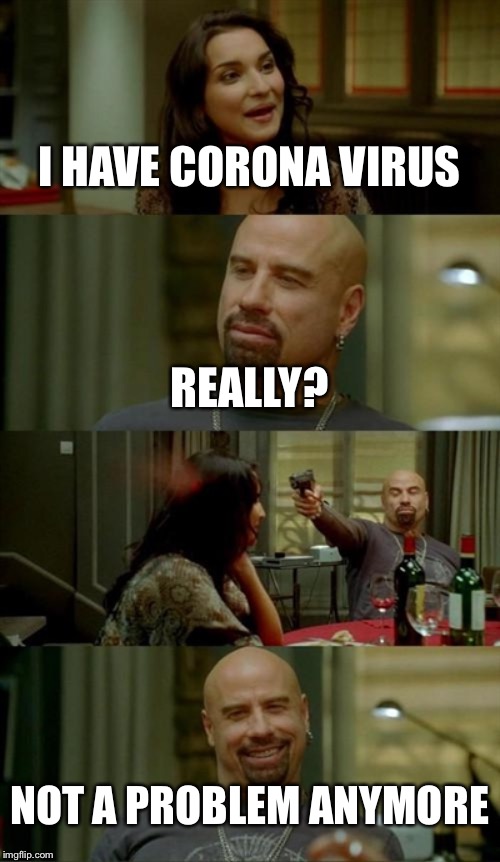 ”
” - Loneliness. Hafeez says that feelings of loneliness are often associated with feeling like everyone hates you. Maybe you haven’t had as many social interactions as you’d like, and you begin to convince yourself that your friends are upset with you.
- Insecurity. In some cases, believing that everyone hates you could also be tied to characteristics of insecurity such as low self-esteem or self-worth.
- Bullying. Thanks to social phenomena like the bystander effect and herd mentality, both cyber- and in-person bullying can start with one individual and spread to a whole group.
Highly sensitive personalities
A highly sensitive person (HSP) may also tend to feel this way.
Research from 2018 shows that socially hypersensitive people experience greater fluctuations in self-esteem and negative reactions when there’s ambiguous or negative feedback alike, suggesting that these individuals may need more positive reassurance than others.
“If you tend to be highly sensitive or insecure, it’s possible minor incidents such as missed phone calls or lack of interaction can cause your thinking to spiral into negative thoughts,” Hafeez says.
Persistent thoughts that “everyone hates me” may be associated with mental disorders that include paranoia, delusions, helplessness, or ruminations as a symptom. Some of which are:
- anxiety
- depression, which research shows has a strong link with low self-esteem
- mood disorders, including bipolar disorder
- personality disorders, including paranoid personality disorder
- psychotic disorders, including schizoaffective disorder
- schizoid personality disorder
Feel like the whole world is against you?
Harmful racial stereotypes, prejudice, discrimination, and systemic racism have an impact on how individuals from marginalized groups may feel about how others receive them.
According to research, racism is linked to internalized shame and low self-esteem among African Americans.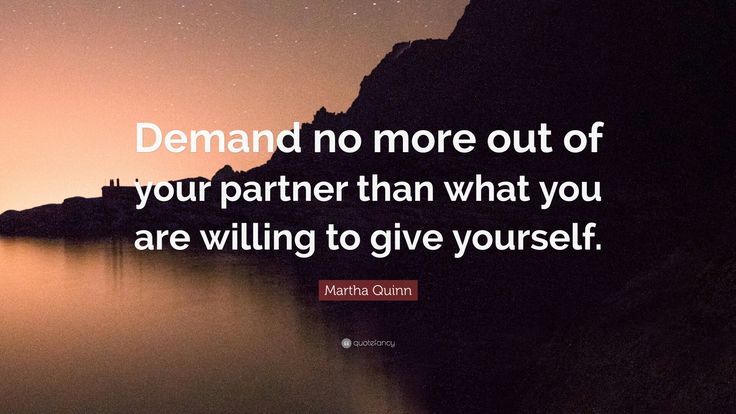
“Discrimination and prejudice can lead individuals to internalize stigma or prejudice that is directed against them, manifesting in low self-esteem, stress, and fear,” Hafeez says.
If you’re wondering what you should do when you think everyone hates you, there are a few ways to reset. And it starts with understanding the difference between what’s concrete versus cognitive distortion.
Hafeez recommends taking a step back to analyze what you’re feeling first. You can try the following 3-step check-in to help assess your feelings.
- Find out what’s triggering your feelings. What thoughts are behind feelings of anxiety or what’s worsening your mood?
- Reframe the situation. Are there alternative explanations, evidence, or more positive interpretations of what you’re thinking?
- Check in with your physical self. Are you eating nutritious foods, staying hydrated, getting enough sleep, and taking time to relax?
According to Hafeez, if folks are genuinely disliked, it can be helpful to take a careful and honest look at any truths that may be associated with a situation — which is not always the easiest thing to do.
It may be helpful to take “everyone” out of the equation and focus on one person at a time. “Think about what this person meant, what their intentions were, and if they realize the impact of their words and actions,” she says.
“If their dislike is genuine, then determine whether they’re attacking you personally or your ideas — this way, you can assess whether it was a personal attack or a passing disagreement you can live with.”
Ask yourself whether you need to forgive someone for not appreciating what you have to offer. Is it worth your energy to worry about whether someone likes you or not? Maybe you lean into accepting yourself.
“Try your best to rise above it, rather than dwell on why they feel this way about you,” Hafeez says.
Thinking that everyone hates you might be an exaggeration, cognitive distortion, or symptom of a mental health condition. The negative feeling doesn’t have to take over your life.
With practice and patience, you can reframe your thoughts to challenge your negative self-perceptions and distinguish fact from fiction.
Whether you need to forgive someone or forgive yourself for words or deeds, try to be gentle in the process.
If you find out it’s true that someone simply doesn’t like you, remember that you’re likely better off surrounding yourself with people who appreciate all that you have to offer.
Help Me Understand: Why Am I So Sensitive?
Do you ever find yourself wondering why you’re so sensitive? If you feel things deeply, you may be a highly sensitive person.
Sensitivity is often framed as a negative personality trait. You may have been told that you’re too sensitive or overemotional and that you need to “toughen up.” Maybe you wonder, why am I so sensitive?
It’s important to understand that sensitivity is a personality trait. Being “too” sensitive is not a disorder. Like being quiet or being thoughtful, it’s not necessarily a bad trait, even though each can pose its challenges.
Several potential causes of sensitivity exist. For example, if you have a neurodevelopmental disorder like autism or ADHD, you might be more sensitive to certain stimuli.
Your sensitivity may not be linked to any particular disorder, though. If you feel things deeply, you could be a highly sensitive person (HSP).
Do you feel a cold coming on before outward symptoms show up? Do you notice that a lamplight is about to go out a day or two before it does because of slight dimming? Or are you deeply moved by someone else’s good or bad news just by picking up on their subtle expressions?
Why am I so emotional?
There can be many different reasons. Sometimes, we become more emotional when we go through difficult or stressful times. Recent bereavement, trauma, and stress can make us feel more emotional.
Some people tend to be emotionally sensitive because it’s a part of their personality. A highly sensitive person is someone who feels things strongly, whether those things are positive or negative. This can include their own emotions, the emotions of others, and sensory stimuli in the world around them.
A note on being highly sensitive vs.
 exceptionally emotional
exceptionally emotionalWe often use the words “sensitive” and “emotional” interchangeably. And indeed, highly sensitive people are more attuned to emotions.
One of the main distinctions between being exceptionally emotional and being highly sensitive is that highly sensitive people are very attuned to their emotions as well as the emotions of others.
Highly sensitive people also tend to be more sensitive to external stimuli, like lights, noises, and colors, as well as internal stimuli, like hunger and pain.
Another difference is that being highly emotional could be temporary while being a highly sensitive person is a part of your personality.
If you’ve been feeling emotional lately, several stressors could be contributing to it.
Highly sensitive people often feel emotions and respond to stimuli — both in themselves and others — profoundly.
About 15–20% of the population is thought to be highly sensitive.
While many highly sensitive people are dismissed as “too sensitive,” their perceptiveness can be a strength.
The discovery of the HSP
The term “highly sensitive person” was popularized by clinical psychologist Elaine N. Aron, who wrote the book “The Highly Sensitive Person: How to Thrive When the World Overwhelms You.”
First published in 1996, this book is based on years of Aron’s research into being a highly sensitive person herself.
Sensory processing: Like being a human sponge
HSP are folks who are strong in a personality trait known as sensory processing sensitivity. This is not a disorder or a mental illness, but rather a part of your personality.
Sensory processing relates to how you take in stimuli, including sounds, sensations, others’ moods, smells, and more. HSP often experience these stimuli easily, absorbing like a sponge.
In daily life
If you’re highly sensitive, you might be deeply bothered by violent movies or graphics. You might also be easily overwhelmed by a busy or noisy environment, such as a crowded mall or business conference.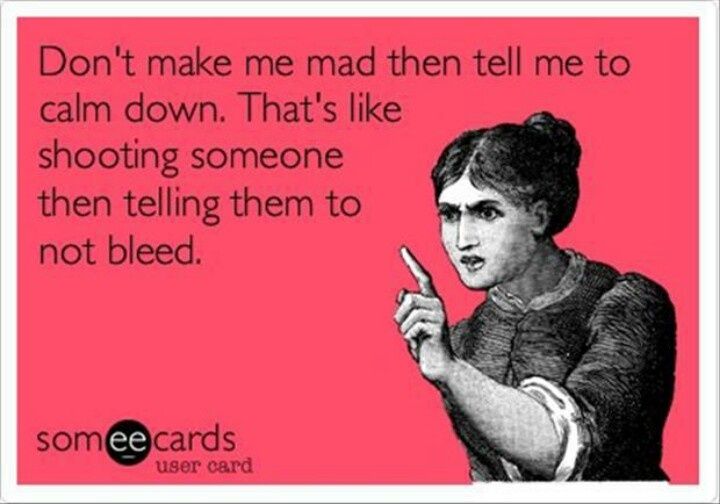
Or, you might be able to savor pleasant stimuli intensely — a good meal, a wonderful song — on a deeper level. Your sensitivity to others’ feelings might help you cultivate strong relationships.
Understanding your sensitivity can be the key to managing overwhelm and leaning into the pleasurable aspects of being an HSP.
Aron’s research found being an HSP is an innate trait, identified in over 100 species.
However, others might learn to be sensitive for several reasons. A traumatic event might put them on high alert, for example. Being sensitive to stimuli is also a symptom of conditions like ADHD and autism.
Over years of research, Aron identified a few common characteristics among highly sensitive people.
These traits include:
- having empathy toward others
- engaging in people-pleasing
- being sensitive to loud noises, chaotic scenes, and busy crowds
- often feeling overwhelmed by sensory stimuli or emotional experiences
- being sensitive to caffeine and medication
- having increased self-awareness
- being able to deeply savor and appreciate pleasant sensations
- avoiding violent and tense movies or books
- avoiding overwhelming situations
- often needing to retreat into a relaxed, quiet space
- having strong emotional responses
Not all HSP will have all the above traits.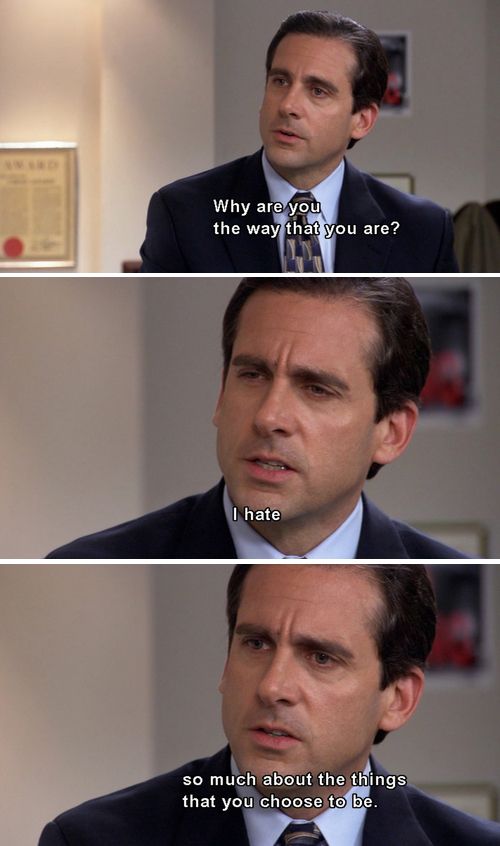 Therapy and self-work can help you address some of the more harmful tendencies or unpleasant experiences.
Therapy and self-work can help you address some of the more harmful tendencies or unpleasant experiences.
Contrary to what many people assume, highly sensitive people are not always introverted. It’s estimated that around 30% are extroverts.
If you think you might be a highly sensitive person, you can take the official quiz on their website here.
To be clear, you can’t (and might not want to!) stop being sensitive, but you can manage your responses to your sensitivity.
While many people may ask themselves “Am I too sensitive?,” it’s important to note that being a highly sensitive person is not a disorder and nothing to be ashamed of. It’s simply a unique trait, just like being tall or light-haired.
Being a HSP can be difficult and overwhelming for some people, especially if you don’t understand your sensitivity. But you might find it liberating to harness and channel that perceptivity.
Psychotherapy to help channel your sensitivities
Talk therapy, also called psychotherapy, can help you learn to cope with the challenges of being an HSP while cultivating the positive parts of your sensitivity.
The official highly sensitive person website has directories of therapists, coaches, and medical professionals who are knowledgeable about HSPs. This can be helpful if you’re looking for a therapist for yourself or a highly sensitive loved one.
Your sensitivity can be a superpower. There are many benefits of being a highly sensitive person:
- being very empathetic to others, fostering deeper connection
- being highly self-aware
- being observant when it comes to yourself and others
- profoundly appreciating pleasant stimuli, including food, fragrances, music, textures, and more
- being deeply moved by heartwarming and positive stories, books, and movies
- cultivating gratitude for the “little things” in life, in part because you notice and experience them keenly
Learning to route your sensitivity toward something positive can be extremely helpful. Often, this starts with accepting your heightened perceptivity and reaching out for help if you need it.
If you feel that you’re “too sensitive,” there might be reasons for your sensitivity. In many cases, it’s simply a part of your personality and not something to try and change.
While your sensitivity can cause overwhelm and lead to challenges, it can also be a strength. Learning about your perceptivity can help you harness this strength to benefit yourself and others.
If you feel that you need emotional support, you can start by reaching out to a therapist.
What if everyone hates you
March 14 How to live Relations
First, make sure that the sensations do not fail.
Share
0 A person encounters negative things repeatedly throughout his life. Sometimes it is true: if you do something bad to someone, even if unconsciously, the victim may experience a range of negative emotions towards the guilty person. And sometimes not: because someone slandered or for some similar reasons.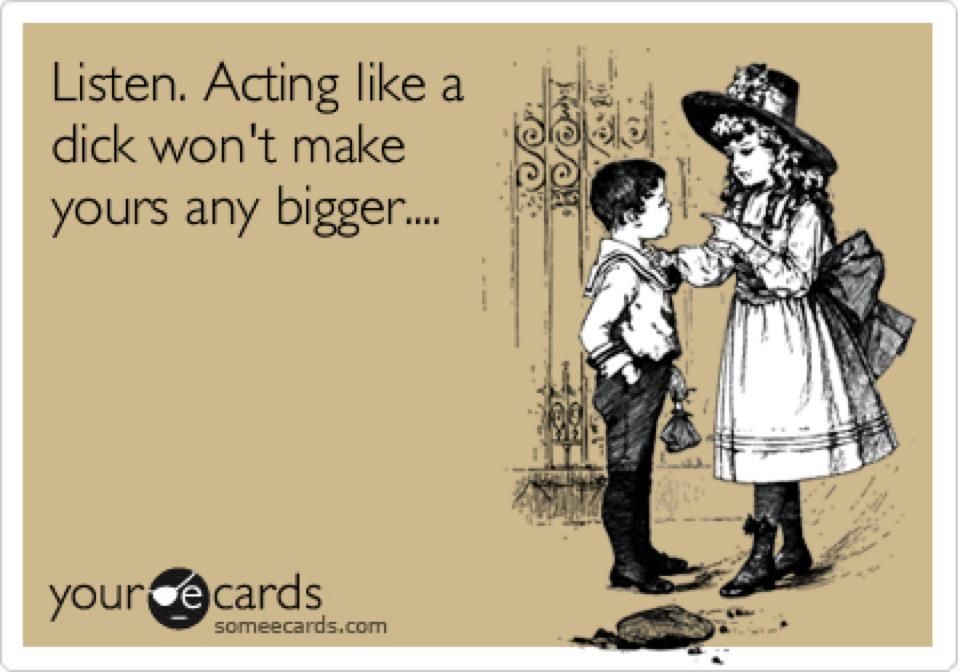
But sometimes it seems that everybody hates you. Moreover, it is not always necessary to do or say something reprehensible for this. Sometimes listening to the wrong music or dressing differently is enough.
And you can not stand out at all. Hatred is directed not at a person personally, but at the group to which he belongs. Moreover, even if he does not share the ideas of this group and does not support the actions. For example, if he was an employee of the organization at the time when the management did something that is condemned in a decent society, he may become an object of hatred. On the one hand, his opinion was not taken into account. On the other hand, he may be considered an accomplice. And at the same time, he himself may feel guilty, even if he was not silent, but actively disagreed with what was happening.
But hatred destroys. Therefore, it is important to understand what to do in this situation.
Make sure you really encounter hate
There is a risk of jumping to conclusions. You may feel like the whole world is against you. But that may not be the case at all.
You may feel like the whole world is against you. But that may not be the case at all.
Elena Masolova
Psychologist, gestalt therapist, author of the method of working with the family system using the genosociogram.
It is important to understand that if a person believes that they hate him, this is only his perception of the situation. We can only know for sure if we are told this. If there was no conversion, then these are our fantasies, not based on facts.
And if only for this reason, it is somewhat presumptuous to think that the whole world hates you specifically. Most of the world's population is simply unaware of your existence. And even if we are talking about strong negative feelings towards some group of people, many quite successfully separate the instigators and hostages of what is happening. That is, they hate the group as a whole, but they don’t specifically hate you. And you can find out if you talk.
Elena Masolova
Psychologist, gestalt therapist, author of the method of working with the family system using the genosociogram.
In a situation where a person has spoken directly about his feeling of hatred, try asking him what exactly in your behavior he hates, and ask him to give facts.
In this case, it will become clear to you what exactly in your actions caused such feelings in him. This will relieve some of the emotional stress, because uncertainty and reticence gives us suffering, because we begin to think out ourselves. And our thoughts may differ from reality.
Work with guilt
Sometimes thoughts of universal hatred arise from the fact that a person considers himself responsible for what is happening, even if he really could not influence anything. At the same time, the feelings of others may not be so important. He thinks that everyone hates him, because how could it be otherwise: he is to blame. And here it is important to work with your feelings.
Elena Masolova
Psychologist, gestalt therapist, author of the method of working with the family system using the genosociogram.
There are two types of wine. The first is real guilt, when there is specific harm done to another person. And it can be redeemed: to apologize or, say, to serve a term - depending on the severity of the act. This is a healthy expression. The second type is far-fetched guilt, when there is no real damage. Suppose a person belongs to a certain group of people in whose name something bad is being done. It is not related to this action and does not support it.
To begin with, it is necessary to realize at least this. And it becomes easier for many, and someone even stops feeling guilty. Same with shame. If the situation is not improving, then you should ask yourself the question: do I feel guilty about everything? For the fact that the child received a deuce at school, that the husband was rude to a neighbor, and so on. In this case, it is worth working with your sense of guilt for the whole world with a specialist.
It is important for people to understand that when they are overwhelmed by too strong feelings, this is always a reason to deal with themselves.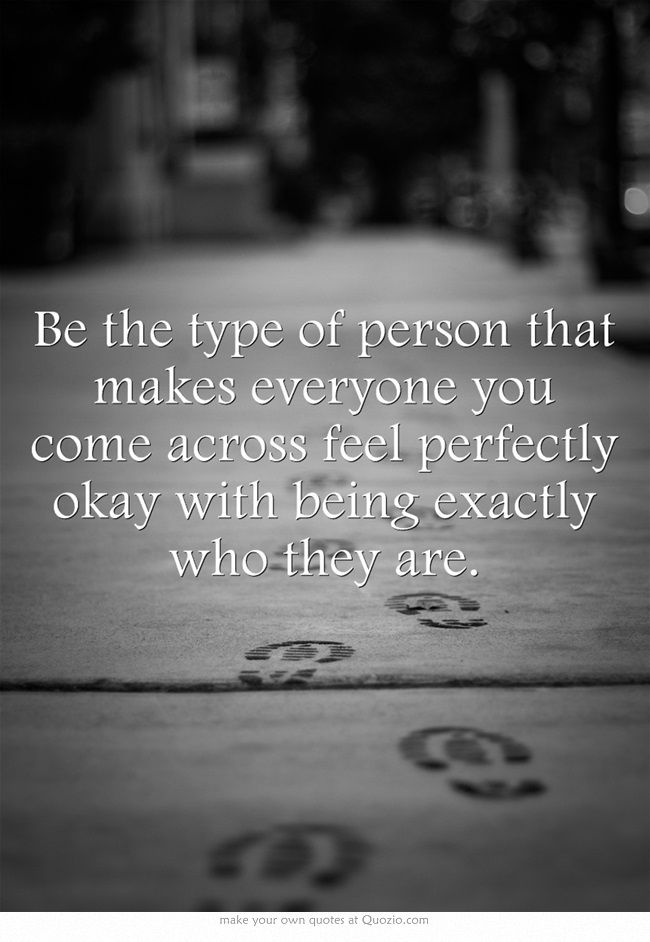 A person with good reflection will not feel guilty for what he did not do.
A person with good reflection will not feel guilty for what he did not do.
Try to understand the other person's feelings
Of course, the easiest way is to take a defensive position: “Oh, so! I'm not guilty of anything, and you hate me, so get it! But this is also not very constructive.
Irina Izvekova
Psychologist.
Conflict in relationships at any time, and especially now, can be truly destructive, or it can become a source of better understanding of yourself and others. The exercise described below will help reduce the intensity of emotions in order to move on to understanding.
Irina Izvekova advises to do the following:
- Find a secluded place. You will need paper, a pen and 20-30 minutes of your time.
- Think about what exactly you are accused of? Give yourself time to remember specific words. Write it down briefly.
- Find something in common in everything you hear. What is the very essence, the core of the accusation?
- Now defend yourself, deny the accusations and allow yourself to feel that you are not all to blame, there is something inside that is still untouched.

- After taking care of yourself, take another step towards a solution. Try to find in the core of the accusation a grain of truth, even a small one. It is enough to agree to only 1%.
- Write down your thoughts and feelings briefly. If you manage to find and recognize even a little, perhaps you will feel understanding and compassion for a different position and a different outlook on life. Notice even the smallest, slightest changes in your body, feelings, breath, and relationships after you accept a grain of truth.
The psychologist notes: “If you can sincerely, with respect for yourself, recognize the right of another to his point of view, the sharpness of interpersonal confrontation can begin to decrease at least for a while. The exercise can be repeated as needed. And remember, you're okay if you don't succeed."
Another important point: consider the state of people who experience negativity and under what conditions. If they are under a lot of stress, just give them the opportunity to experience any feelings. It’s hard for them now, they don’t have time to figure out whether all people wish them harm and how specifically you are to blame. When the situation changes for the better, then you will find out. In the meantime, you can sympathize with them and not take everything personally.
It’s hard for them now, they don’t have time to figure out whether all people wish them harm and how specifically you are to blame. When the situation changes for the better, then you will find out. In the meantime, you can sympathize with them and not take everything personally.
Protect Yourself
According to Irina Izvekova, people who experience self-hatred can experience a huge lack of security, and this is a basic need of the psyche. In the absence of security, it is difficult or even impossible to be a creative, happy and productive person.
If absolutely unbearable, the expert advises to consider several steps for self-help:
- Physically cut off communication. Maybe it will be a temporary step, maybe not. The decision can be made later, after the decline of emotions. It is important to understand that physical care does not solve the psychological roots of the problem, but helps to protect oneself, to take a breather for awareness.
- Support yourself emotionally, don't trust the accusing voices inside.
 Find at least one person in your close or distant environment, here or in the past, who treats you well in order to build on the positive experience of relationships where you are appreciated.
Find at least one person in your close or distant environment, here or in the past, who treats you well in order to build on the positive experience of relationships where you are appreciated. - Find someone you can tell about what is happening. The feeling of isolation and loneliness makes the situation more difficult. If there are no trusted persons in the environment, use helplines.
Live on
It's much nicer when everyone around you loves you. But when this is not the case, do not give up.
Elena Masolova
Psychologist, gestalt therapist, author of the method of working with the family system using the genosociogram.
If we are convinced that a person really hates us, and understand why, then it is important to accept that we are not responsible for the feelings of others. People have the right to love us or hate us. And their feelings cannot influence our actions if they do not violate other people's boundaries in any way. Otherwise, if we want everyone to love us, then we can very quickly betray ourselves and forever adapt to others.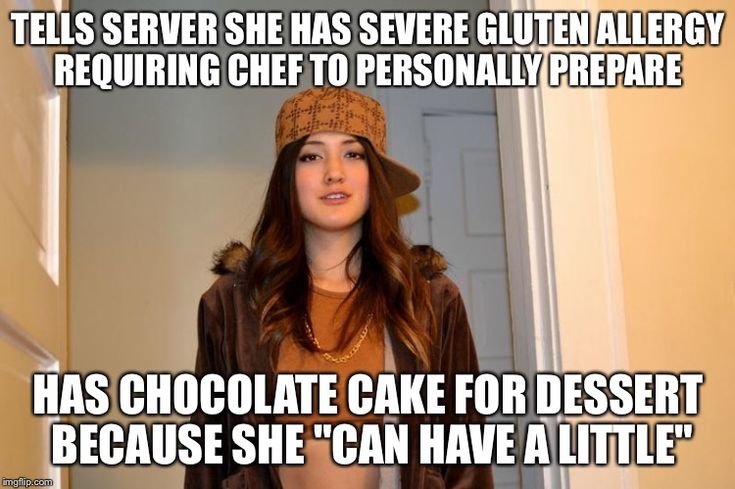
Read also 🧐
- What to do if you want to convince a person
- What to do if you and your parents have different views on life
- Why we put labels on people and what it leads to
Best deals
Profitable: Braun trimmer with a 48% discount
Best deals of the week: discounts from AliExpress, Lamoda, L'Etoile and other stores
8 watch models that are not afraid of shock
Price of the day: Nintendo Switch game console for 18 891 ruble
Basic and more: 16 warm hoodies with a discount
Black Friday and other promotions: when and where you can buy the necessary goods at a bargain price
Profitable: Columbia winter jacket with a 24% discount
AliExpress finds: drill, vacuum sealer and silicone mat
"Everyone hates me.
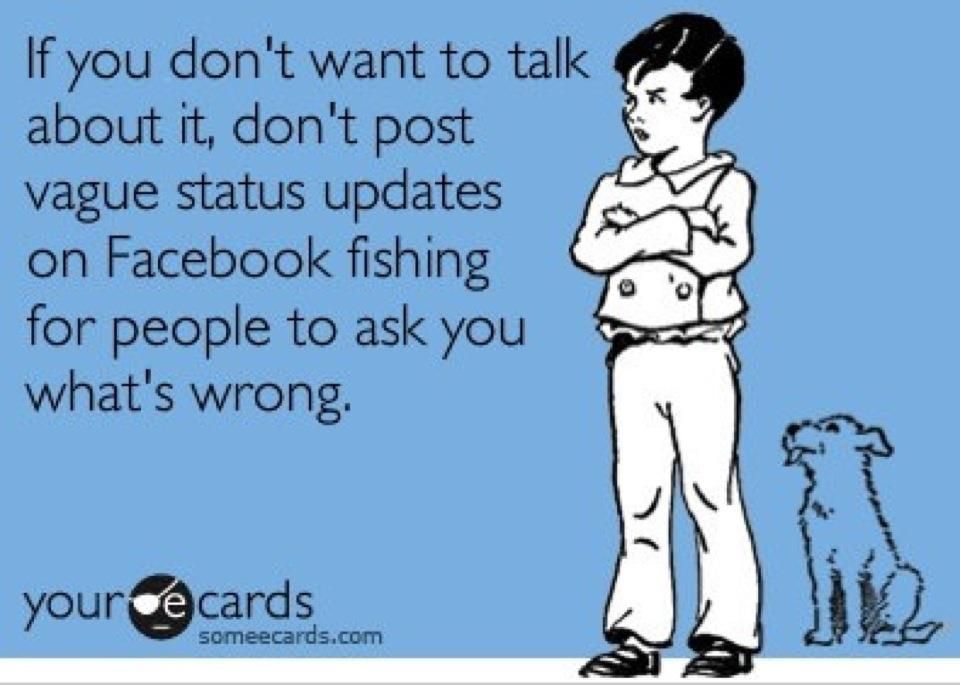 " 10 tips from a psychologist on how to be offended less often
" 10 tips from a psychologist on how to be offended less often It is normal to be offended. But what if you have already quarreled with all your friends and any criticism hurts you? Thinking that no one likes you and everyone intentionally offends you is irrational. It is better to understand the reasons for your resentment and arm yourself with tactics suitable for different situations to overcome it. We retell an article by psychologist Leon Seltser on how to do this.
Do not rush to attribute evil intent to another person
If you have prejudices about yourself, you are likely to project them onto how other people perceive you. However, you need to accept that you may be unconsciously seeking confirmation of your own self-doubt. Having confessed your tendency to misperceive other people's intentions, try to remain attentive to the interlocutor. By continuing to listen, you will know for sure whether he meant something bad or it seemed to you.
Ask yourself if your reaction is not exaggerated
Think about what exactly you are reacting to, whether something actually insignificant became the reason for your strong resentment. Remember, when you overreact emotionally, it may be your inner child speaking. Therefore, try to respond not to the person who launched this emotional process in you, but to the child inside you. Be sympathetic to this vulnerable being, who was reminded of a long-standing emotional trauma and which he was never able to fully survive. Learn to soothe this child who seems to have been criticized too often. Explain to him that in general, everything is fine with you - even if sometimes you fail, you are misunderstood or accused of something without reason.
Remember, when you overreact emotionally, it may be your inner child speaking. Therefore, try to respond not to the person who launched this emotional process in you, but to the child inside you. Be sympathetic to this vulnerable being, who was reminded of a long-standing emotional trauma and which he was never able to fully survive. Learn to soothe this child who seems to have been criticized too often. Explain to him that in general, everything is fine with you - even if sometimes you fail, you are misunderstood or accused of something without reason.
If the other person has not openly insulted you, hurt you or said bad things about you to other people on purpose, take it on faith that he does not wish you harm
Attributing bad intentions to other people is not the best way to have a healthy relationship with surrounding. Remind yourself that most people have no need to hurt others. Do not hide that you yourself sometimes show cynicism. But note that, for the most part, this is just a protective measure. And don't forget that most of us don't know how to accurately express our feelings and thoughts. When you hear someone else's words trying to hurt you, keep in mind that the message could actually be much friendlier.
And don't forget that most of us don't know how to accurately express our feelings and thoughts. When you hear someone else's words trying to hurt you, keep in mind that the message could actually be much friendlier.
If someone has criticized you, ask yourself if such criticism can be regarded as constructive.
You will not be able to improve and overcome some of your weaknesses and shortcomings as long as you resist any criticism simply because it scares you too much. So the next time you get criticized, shift your focus and think about whether this negative feedback can help you grow, develop some skills, or understand something better.
Consider whether your reaction might be a sign of excessive egocentrism
Resentment is one of the emotions associated with self-awareness. But when you're self-centered, it's easy to lose sight of the other person with their self-awareness. Try to overcome the feeling of anxiety and look at the situation from an angle that is different from your own point of view.
Take a deep breath, relax, emotionally distance yourself from the situation
No matter how self-centered you may be, do not forget that in the end you are not the center of the universe. A person could not have you in mind at all, uttering a phrase that upset you. Perhaps she seemed offensive only to you. So try not to take other people's words personally. And if the other person is drunk, in a bad mood, or irritated, it is safer to observe their unpleasant behavior from a distance.
Learn meditation, abdominal breathing, visualization, body scanning, progressive muscle relaxation, yoga, tai chi or other relaxation techniques
Meditation helps to achieve calmness and overcome such emotions as jealousy, envy, thirst for revenge, resentment. Once you learn this practice, you can easily use it regularly for relaxation. Meditation teaches awareness and the ability to look at the "hooks" of thoughts before they pick you up and take you in an unknown direction.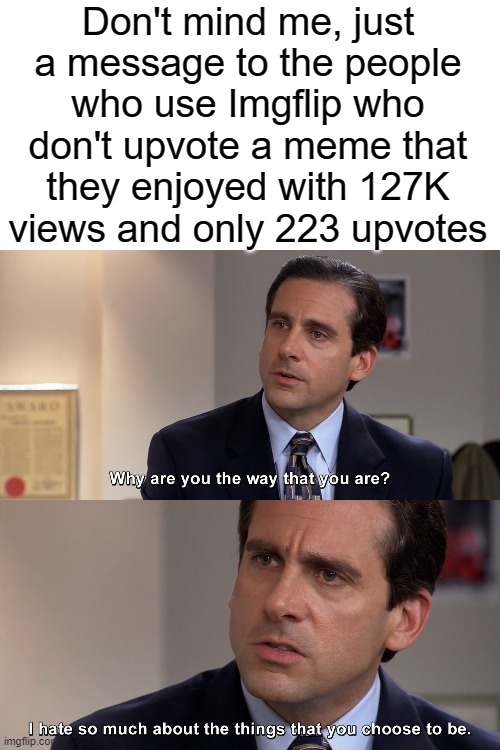
Think about whether you offended another person even before he did you
If you try to shift your attention from your own feelings to your interlocutor, you may realize that he uttered an unpleasant phrase, because it was you who offended him in the first place. Maybe it's not him who should apologize, but you. Even if you didn't mean anything bad. By the way, the "Workshop" has already told you how to apologize so that you are really forgiven.
If you deliberately look for a reason to be offended, admit it to yourself
Catching others to hurt you may just be an attempt to assert themselves. In reality, such a habit simply hides self-doubt. It is more productive to focus attention on your own failures and ways to overcome them, rather than redirect it to the search for other people's shortcomings.
Lower your expectations of others - and of yourself too
Other people may not be as empathic, sensitive and responsive as you would like them to be. They may lack delicacy and consideration for others. Maybe you should just get used to other people's shortcomings, accept other people as they are, without trying to impose your own standards of behavior on them, which they cannot and will not adhere to? In fact, we are often frustrated only by the fact that others do not correspond to our personal ideals - often smacking of perfectionism and which we ourselves hardly adhere to. If you let go of your unrealistic standards, you will be less likely to get upset when you think others are dismissive, callous, or inconsiderate. You will almost certainly become calmer and happier.
They may lack delicacy and consideration for others. Maybe you should just get used to other people's shortcomings, accept other people as they are, without trying to impose your own standards of behavior on them, which they cannot and will not adhere to? In fact, we are often frustrated only by the fact that others do not correspond to our personal ideals - often smacking of perfectionism and which we ourselves hardly adhere to. If you let go of your unrealistic standards, you will be less likely to get upset when you think others are dismissive, callous, or inconsiderate. You will almost certainly become calmer and happier.
The most unfortunate way to deal with resentment is to attack your imaginary or real opponent. If you want to know how to behave when you are faced with real attempts to hurt you, then the main advice is to develop self-confidence and improve self-esteem. So you will become less sensitive to the tactlessness of others. And if you hear a grain of truth in the words of the interlocutor, even if it is expressed impolitely, it will be easier for you to accept it and change your behavior for the better.
